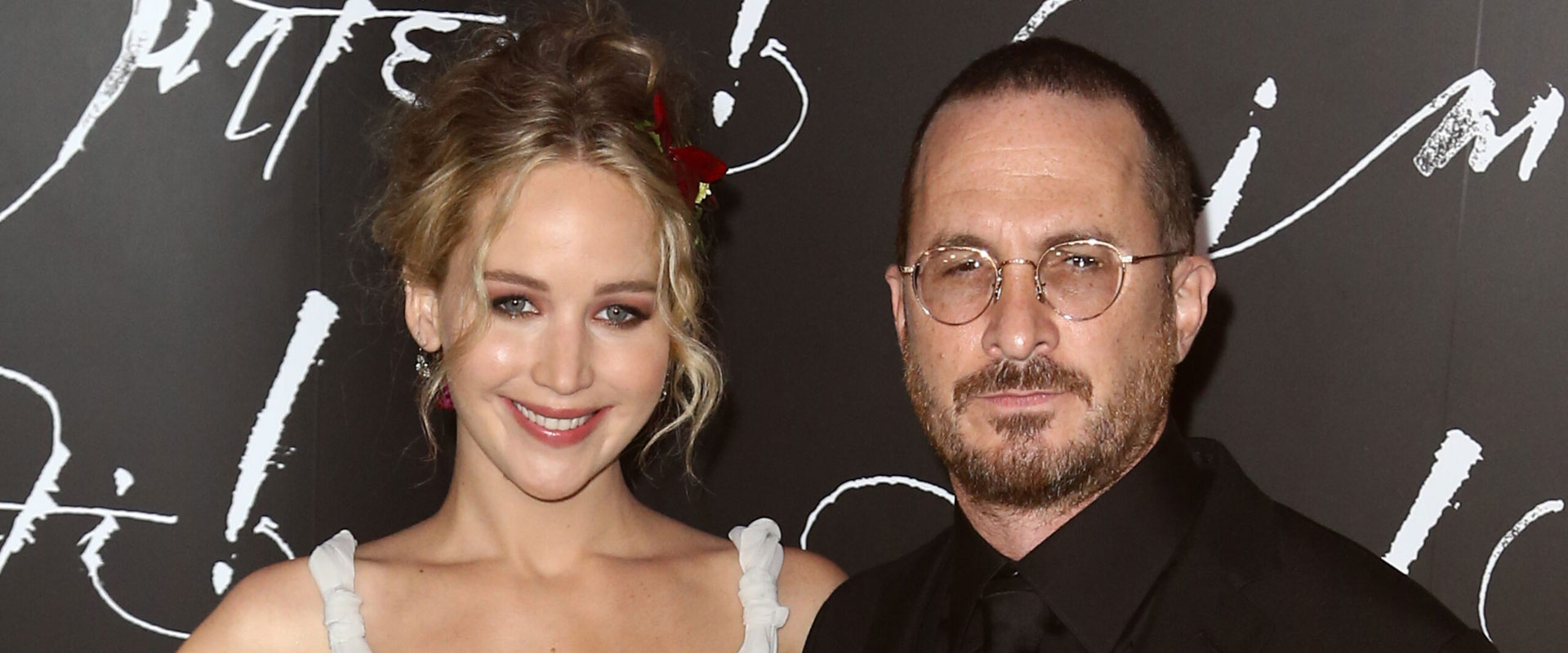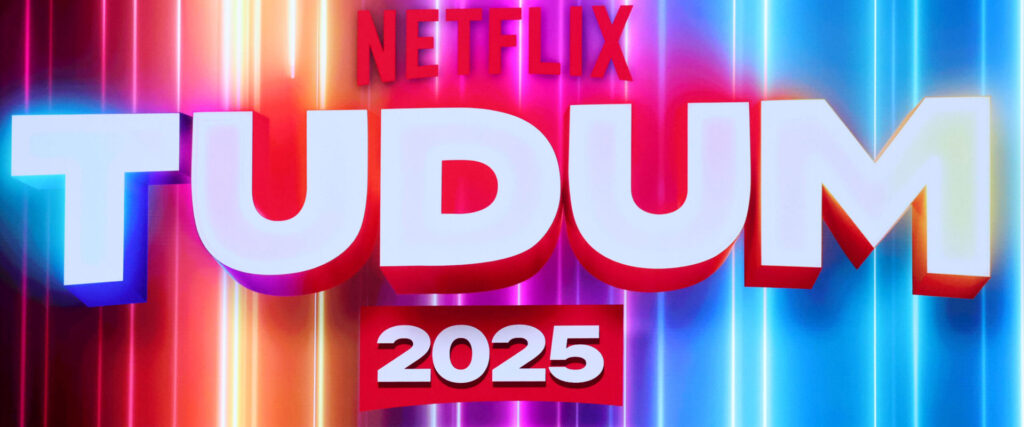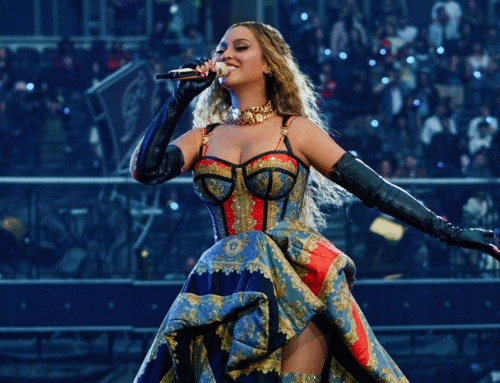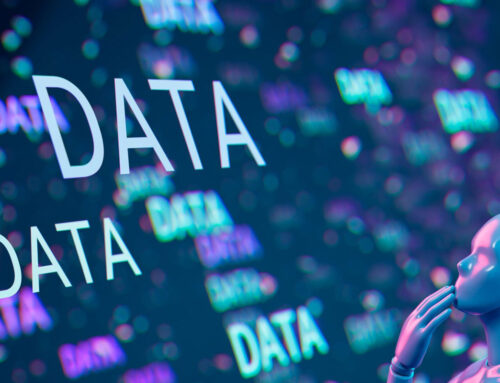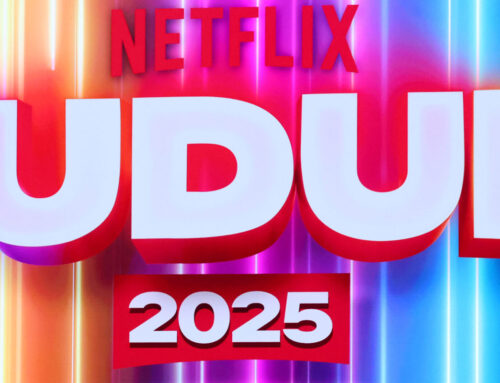Google Launches Strategic Partnership with Director Darren Aronofsky to Advance AI-Driven Storytelling
Director Darren Aronofsky, known for films such as Black Swan and The Whale, has announced a new narrative project titled Primordial Soup, which will harness cutting-edge artificial intelligence technologies to tell stories in innovative ways.
The announcement coincides with Google’s launch of two new AI-powered tools: Veo 3—a video model capable of adding sound, dialogue, and ambient noise to scenes—and Flow, an app designed to help creators build videos step by step. Aronofsky and his team will employ both tools as part of Primordial Soup.
“Filmmaking has always been driven by technology” Aronofsky stated. “Now is the moment to explore these new tools and shape them for the future of storytelling.”
Primordial Soup has established a partnership with Google DeepMind to collaborate with researchers and filmmakers on the creation of original films. The first project, Ancestra, directed by Eliza McNitt, will premiere next month at the Tribeca Film Festival. It blends live-action footage with AI-generated imagery.
Thomas Iljic, product lead at Google Labs, told The Hollywood Reporter that Flow emerged from observing how creatively AI tools were being used. “We often only offered text to video [in prior models], but the quality of the model had reached a point where we started seeing highly creative folks starting to create three, four minute kind of shorts. And that told us, okay, there’s something there,” Iljic said. “We were like, it’s starting to becoming a paint brush that’s useful enough for the highly creative people. And so we went back to the drawing board, basically for the past six months, working with a bunch of these AI filmmakers to understand what are the main things when they think about their idea and they want to lay it down and they want to actually get their vision into place, what’s missing?”
Matthieu Kim Lorrain, creative lead at Google DeepMind, emphasized that the company engaged both AI-native filmmakers and more traditional directors during the development of Veo 3. “We’re speaking to very different audiences within the creative community,” he noted. “AI filmmakers and early adopters are particularly exciting to work with,” he added.
With these initiatives, Google is strengthening its role within the audiovisual ecosystem by supporting the development of experimental content through artificial intelligence.
Share:
Director Darren Aronofsky, known for films such as Black Swan and The Whale, has announced a new narrative project titled Primordial Soup, which will harness cutting-edge artificial intelligence technologies to tell stories in innovative ways.
The announcement coincides with Google’s launch of two new AI-powered tools: Veo 3—a video model capable of adding sound, dialogue, and ambient noise to scenes—and Flow, an app designed to help creators build videos step by step. Aronofsky and his team will employ both tools as part of Primordial Soup.
“Filmmaking has always been driven by technology” Aronofsky stated. “Now is the moment to explore these new tools and shape them for the future of storytelling.”
Primordial Soup has established a partnership with Google DeepMind to collaborate with researchers and filmmakers on the creation of original films. The first project, Ancestra, directed by Eliza McNitt, will premiere next month at the Tribeca Film Festival. It blends live-action footage with AI-generated imagery.
Thomas Iljic, product lead at Google Labs, told The Hollywood Reporter that Flow emerged from observing how creatively AI tools were being used. “We often only offered text to video [in prior models], but the quality of the model had reached a point where we started seeing highly creative folks starting to create three, four minute kind of shorts. And that told us, okay, there’s something there,” Iljic said. “We were like, it’s starting to becoming a paint brush that’s useful enough for the highly creative people. And so we went back to the drawing board, basically for the past six months, working with a bunch of these AI filmmakers to understand what are the main things when they think about their idea and they want to lay it down and they want to actually get their vision into place, what’s missing?”
Matthieu Kim Lorrain, creative lead at Google DeepMind, emphasized that the company engaged both AI-native filmmakers and more traditional directors during the development of Veo 3. “We’re speaking to very different audiences within the creative community,” he noted. “AI filmmakers and early adopters are particularly exciting to work with,” he added.
With these initiatives, Google is strengthening its role within the audiovisual ecosystem by supporting the development of experimental content through artificial intelligence.

